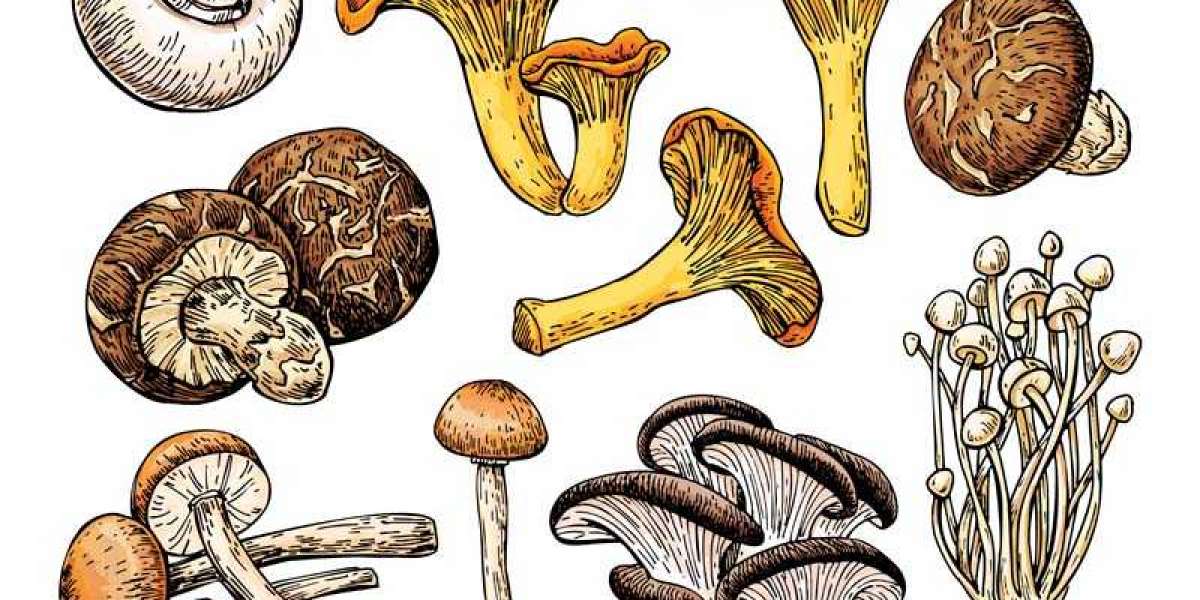Anxiety can feel like a persistent hum in the background of your life—sometimes low and dull, other times so loud it drowns everything else out. Whether it’s generalized worry, social tension, or performance anxiety, many people find themselves locked in a constant mental tug-of-war. What if there were a way to quiet that internal noise and access a state of calm, focus, and productivity? That’s where flow states—and the power of hypnotherapy—come in.
Flow states, often described as “being in the zone,” are moments when time seems to slow down, distractions fade away, and your full attention is immersed in the task at hand. These states aren't just reserved for elite athletes or artists; anyone can experience flow. And, as it turns out, hypnotherapy can be a key to unlocking this powerful state of mind—especially for those dealing with anxiety.
Understanding Flow States
First introduced by psychologist Mihaly Csikszentmihalyi, the concept of flow refers to a mental state of complete immersion and engagement in an activity. People in a flow state often report:
Losing track of time
Feeling fully present and in control
Experiencing a sense of satisfaction or even joy in their actions
High levels of productivity and creativity
Flow isn’t just a feel-good phenomenon; it’s a performance enhancer and a pathway to emotional regulation. And for individuals grappling with anxiety, cultivating flow can offer a reprieve from the repetitive thought loops and mental fatigue that come with chronic stress.
Anxiety and the Disrupted Mind
Anxiety disrupts our ability to focus and be present. It hijacks the mind with "what ifs" and worst-case scenarios, keeping the brain in a heightened state of alert. This persistent stress response affects everything from sleep to digestion to immune function.
The more time we spend in anxious thinking, the harder it becomes to break free. Our nervous system gets stuck in a loop—fight, flight, or freeze becomes the default setting. It’s no wonder that finding clarity or ease feels impossible. But this is precisely why methods that shift us out of that reactive mode—like hypnotherapy—can be so transformative.
Hypnotherapy: The Bridge to Flow
Hypnotherapy creates an ideal internal environment for flow by accessing a relaxed, focused state of consciousness. In this deeply receptive mental state, the chatter of anxiety diminishes, allowing for greater access to creativity, focus, and emotional regulation.
Unlike popular misconceptions, hypnosis isn’t about losing control—it’s about gaining it. When guided by a skilled hypnotist, you're not asleep or unconscious. Instead, you're in a heightened state of awareness, similar to meditation, but with a specific goal or suggestion in mind.
By intentionally directing the subconscious mind, hypnotherapy helps dissolve limiting beliefs and instill new, empowering thought patterns. For anxiety sufferers, this means shifting away from fear-based thinking toward trust, resilience, and inner calm.
Rewiring the Brain with Hypnosis for Anxiety
Our brains are remarkably plastic—meaning they can change and adapt. Hypnosis works by leveraging this neuroplasticity. With regular practice, the mind begins to respond differently to triggers that once caused distress. You may find that situations that used to provoke anxiety now feel manageable or even effortless.
Using hypnosis for anxiety involves both identifying root causes and rewiring how the body and mind respond to stress. Sessions often focus on deep relaxation, visualization, and guided suggestions designed to cultivate confidence, safety, and calm.
And here’s the real magic: once anxiety is reduced, the mental clarity and focus needed for flow states become more accessible. Your mind isn’t stuck in survival mode, so it can shift into creativity, problem-solving, and deep engagement.
Self-Hypnosis for Stress and Anxiety
You don’t always need a one-on-one session to benefit from hypnotherapy. Self-hypnosis for stress and anxiety is a powerful practice that puts you in the driver’s seat of your mental well-being. By learning how to enter a hypnotic state on your own, you can regularly create the conditions for inner peace and peak performance.
A simple self-hypnosis technique for anxiety might look like this:
Find a quiet space where you won't be interrupted.
Focus on your breath, allowing each exhale to relax your body.
Visualize a safe place—somewhere peaceful and serene.
Repeat a calming suggestion, such as “I am calm and capable,” or “I release tension with every breath.”
Stay in this state for 10–15 minutes before slowly returning to full awareness.
Practicing this consistently can help shift your baseline mental state over time, making it easier to access flow in daily life.
The Role of Online Hypnotherapy for Anxiety
In today’s digital world, access to support has never been more convenient. Online hypnotherapy for anxiety offers all the benefits of traditional in-person sessions but with the comfort and flexibility of your own space.
This format is especially valuable for individuals who experience anxiety around travel, new environments, or social interactions. Virtual sessions allow you to engage in powerful, focused work without adding stress to your schedule. With a stable internet connection and a quiet room, you can explore deep inner change from virtually anywhere.
Many hypnotists offer custom recordings as part of their online services, allowing you to reinforce the work between sessions. This combination of live guidance and self-led practice can help accelerate results and keep you aligned with your goals.
Flow as a Daily Practice
Cultivating flow isn’t just about achieving peak moments—it’s about learning to bring more presence, joy, and engagement to everyday life. Hypnotherapy, whether self-directed or guided, helps create the mental space for flow to emerge.
You might begin to notice flow during ordinary tasks







